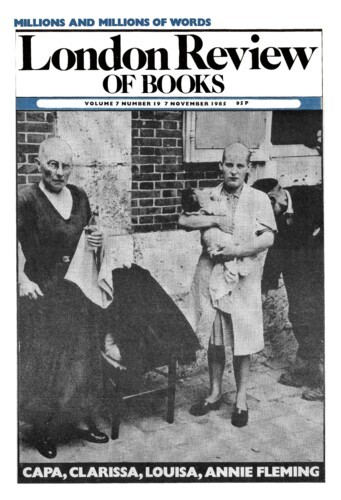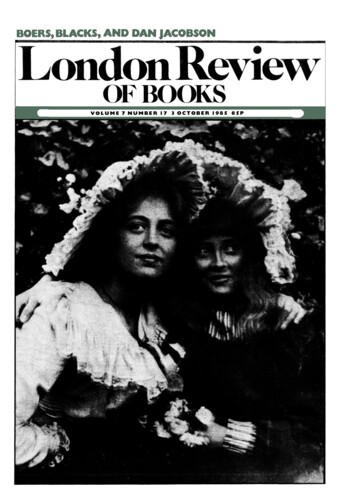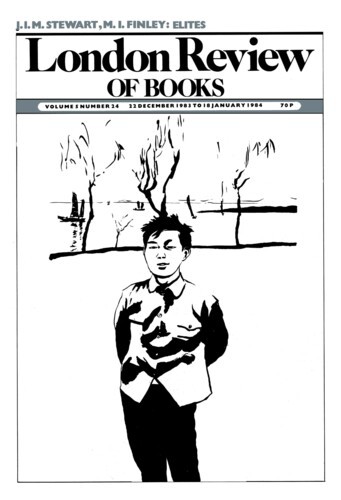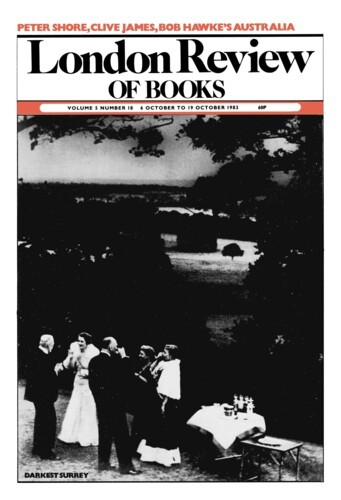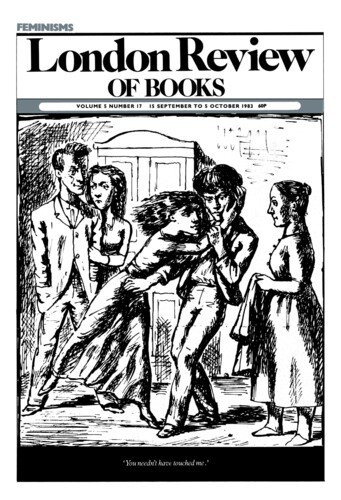Dancing Senator
Pat Rogers, 7 November 1985
With the irrelevant tidiness of an obsessive, Horace Walpole started his main series of memoirs in January 1751 – by one reckoning, the exact mid-point of the century. Actually he had already made one abortive stab with Memoirs from the Declaration of the War with Spain’, begun in 1746, now first published by John Brooke as an appendix to his edition. The title is misleading, for these are annals of the Hanoverian accession, and don’t get anywhere within hailing distance of Jenkins Ear. The date is significant: Robert Walpole had died in 1745, and a year later his son’s arrested political development brings him back to the quarrels of a previous generation. Many people are liberated by the death of a dominant parent: Horace felt the full burden of his past only when his father had departed.’
